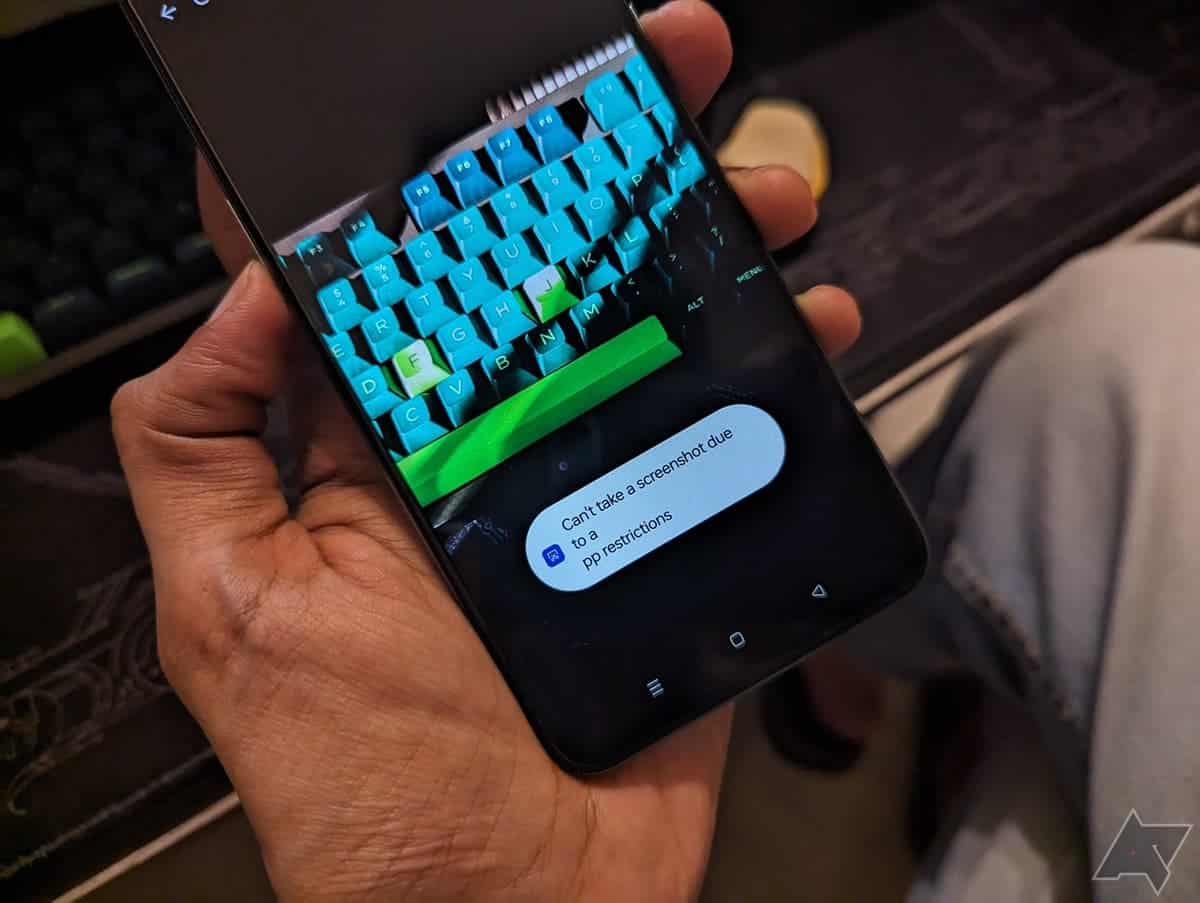WhatsApp, a leading messaging platform owned by Meta, has taken a significant step towards bolstering user privacy by implementing a new feature that restricts screenshots of profile pictures. This development aligns with the platform’s ongoing efforts to mitigate the dissemination of sensitive personal data.
Heightened Privacy on WhatsApp: Profile Pictures Now Shielded from Screenshots

Previously, WhatsApp implemented a “view once” feature for photos and videos, effectively preventing recipients from saving or capturing disappearing media. Now, the focus shifts to profile pictures, a crucial element of user identity within the app.
While screenshots were previously possible, they would capture the user’s entire profile, including name, status, and potentially other information. This update specifically targets the full-size profile picture, rendering it a blank image when attempting a screenshot. The surrounding profile details, however, remain capturable.
This move signifies WhatsApp’s commitment to user control over their digital footprint. Profile pictures often reveal personal details, and the inability to readily capture them strengthens user privacy. This is particularly relevant in instances where users might not want specific individuals to have permanent access to their profile image.
The Rationale Behind Protecting Profile Pictures
The decision to shield profile pictures from screenshots stems from a multi-pronged approach to privacy. Here’s a closer look at the underlying reasons:
- Mitigating the Spread of Personal Information: Profile pictures can disclose a wealth of personal details, ranging from facial features to glimpses of one’s surroundings. By hindering screenshots, WhatsApp minimizes the inadvertent sharing of potentially sensitive information.
- Curbing Unwanted Distribution: In an age of digital communication, unauthorized distribution of personal data can be a concern. This feature empowers users to exert greater control over how their profile picture circulates within the platform.
- Combating Unwanted Attention: For individuals wary of unwanted attention, the inability to easily capture profile pictures offers a layer of protection. This can be particularly relevant for public figures or those seeking to maintain a degree of privacy online.
Limitations of the New Feature
While the screenshot restriction offers enhanced privacy, it’s crucial to acknowledge its limitations:
- Workarounds Still Exist: While capturing the full-size profile picture through a screenshot is hindered, a determined individual could potentially use another device to photograph the screen, effectively bypassing the restriction.
- Partial Profile Information Remains Vulnerable: The feature focuses solely on the full-size image. Users should remain mindful that other profile details, like names and statuses, are still susceptible to capture.
- Limited Scope (For Now): Currently, this functionality appears to be active only in the latest Android beta version. It’s likely to be rolled out to the stable version for all platforms soon.
The Road Ahead for WhatsApp Privacy
The introduction of screenshot blocking for profile pictures is a positive step towards a more privacy-centric WhatsApp experience. It remains to be seen whether the platform will implement additional measures, such as extending the screenshot restriction to other forms of shared content or allowing users to further control who can view their profile picture.
Ultimately, users should remain vigilant about their online privacy practices. While WhatsApp’s efforts are commendable, it’s essential to be mindful of the information shared on the platform and to utilize other privacy settings offered by the app.
By combining this new feature with responsible user behavior, WhatsApp can evolve into a more secure and privacy-conscious platform for communication.




